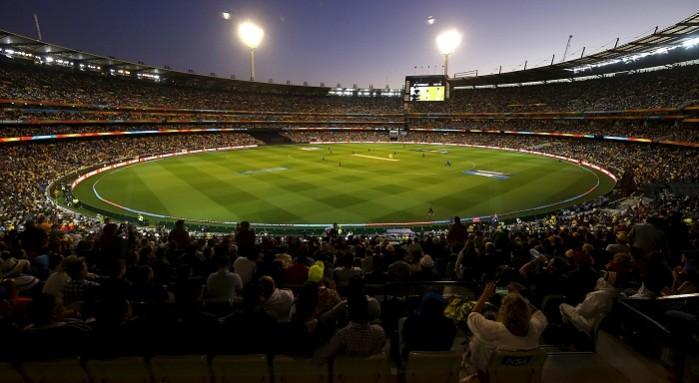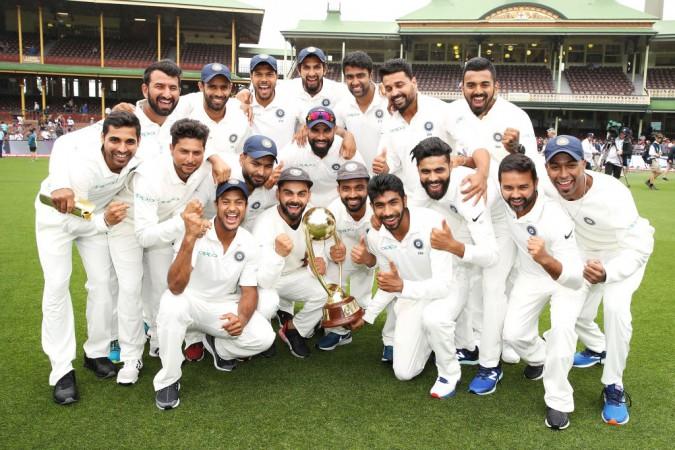
The relations between Board for Control of Cricket in India (BCCI) and Cricket Australia (CA) have become strained over the last few months. The Indian board flexed its muscle and got its Australian counterpart to take the unprecedented step of organising an away tour in the middle of the Australian season – to India.
But there is more than scheduling that has been keeping the two boards apart. There are no Australian cricketers taking part in the ongoing Women's T20 challenge in India. This too was a result of tensions between the two bodies.
Disagreement over D/N Test
Two senior officials of the CA – chairman Earl Eddings and chief executive Kevin Roberts – are coming to India for holding talks with the BCCI and improving relations. While there would be many issues that will be brought up, the matter of Australia playing day-night Tests against India might be among the trickiest.
Day-night Tests have been a regular part of the Australian season ever since their introduction in 2015 during the series against New Zealand. CA wanted one of the four Tests against India played in the last season to be a day-night affair as well. But the Indians rejected the proposal due to worries about the home team getting too much of an advantage.

However, the Australians are hopeful that they would get BCCI to agree to playing a day-nighter on their next tour of the country, set to take place during 2020/21 season. This won't be easy for the two-member delegation. Considering India's clout and the vulnerability shown by the team in swing-friendly conditions during their tour of England last year, Aussies will have a hard time getting them to agree.
Characteristics of D/N Tests in Oz
All day-night Tests held so far in Australia have been highly favourable to swing bowlers due to the propensity of the pink ball to move in the air. But, unlike the very first day-nighter in Australia, played at the Adelaide Oval, where the ball swung so viciously that the match ended in less than three days, the subsequent matches saw an exciting contest between bat and ball.
Besides, India now possess a very capable bowling attack that can exploit seamer-friendly conditions as well as any other line-up. So, there is a possibility that BCCI may relent and let the Australians have their wish. Then again, the Aussies have won all five day-night Tests they have hosted – including against teams like South Africa and England. So, getting the Indians to concede such a big advantage may prove a tough task.











